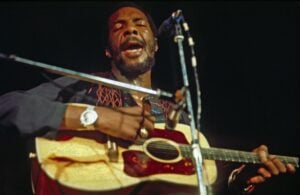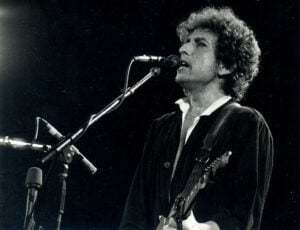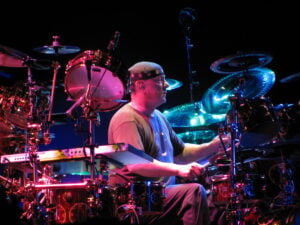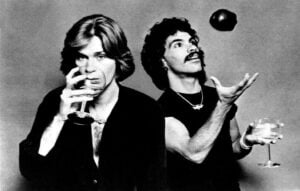7 Classic Rock Bands We Don’t Often Hear Anymore – What Happened?
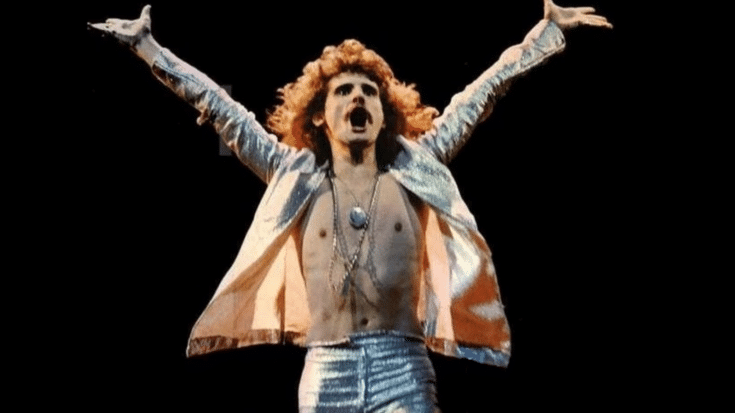
via The ripper 2 / YouTube
Classic rock brought some of the most influential bands to the forefront, yet not all of them have maintained the same level of public attention over time. These bands, while iconic in their eras, have faded into the background for various reasons. Here’s what happened to seven of them.
1. Grand Funk Railroad
Grand Funk Railroad was a powerhouse in the early 1970s, selling out stadiums and delivering hits like “We’re an American Band.” Despite their success, internal disagreements and changing musical tastes led to their decline. By the late 1970s, the band struggled to stay relevant as disco and punk emerged.
While they occasionally reunited for tours, their prominence in mainstream culture dwindled. Today, their legacy remains among dedicated fans, but they are rarely mentioned in discussions about classic rock’s enduring giants.
2. Jethro Tull
Known for their fusion of rock and folk, Jethro Tull achieved massive success with albums like Aqualung. However, shifts in the music industry and evolving listener preferences sidelined them. Their distinct sound became less marketable as rock moved toward heavier and more commercial styles.
Ian Anderson, the band’s frontman, continued performing under the band’s name, but their influence waned. Although still appreciated by loyal followers, Jethro Tull isn’t as prominent in modern rock conversations.
3. The Guess Who
The Guess Who scored hits like “American Woman” and “No Sugar Tonight,” dominating charts in the late 1960s and early 1970s. However, internal tensions and the departure of lead singer Burton Cummings diminished their momentum.
Without their signature lineup, the band’s output failed to capture the same magic. Although they continue to perform with new members, their visibility in the broader rock scene has diminished significantly.
4. Foghat
Foghat became known for their bluesy rock anthems like “Slow Ride.” Their peak came in the 1970s, but overexposure and shifts in popular music contributed to their decline. By the 1980s, the band’s commercial success had largely evaporated.
They remained active on the touring circuit, yet they never regained their former prominence. Their music is still celebrated by enthusiasts of 1970s rock but rarely gets mainstream recognition today.
5. Humble Pie
Led by Steve Marriott, Humble Pie blended hard rock and blues with tracks like “30 Days in the Hole.” Despite their influence, the band’s commercial appeal waned after Marriott’s departure. Tragedy struck when Marriott died in 1991, further halting any significant revival.
Humble Pie’s contributions to rock remain respected, but they’re often overshadowed by more commercially successful bands of their time. Their name surfaces primarily among dedicated fans of early 1970s rock.
6. The Raspberries
Famous for their power-pop hits like “Go All the Way,” The Raspberries had a brief but impactful run in the early 1970s. Internal conflicts and a lack of broader commercial success led to their breakup after only a few years.
While their sound influenced later bands, The Raspberries are rarely mentioned outside niche circles. Their music lives on through occasional tributes but hasn’t regained widespread recognition.
7. Uriah Heep
Often called the “pioneers of prog-metal,” Uriah Heep made waves with albums like Demons and Wizards. Despite a loyal fanbase, they never achieved the enduring popularity of contemporaries like Led Zeppelin or Deep Purple.
Personnel changes and limited commercial success in later years contributed to their lower profile. Though still active, their contributions are more likely celebrated by genre enthusiasts than the general public.













